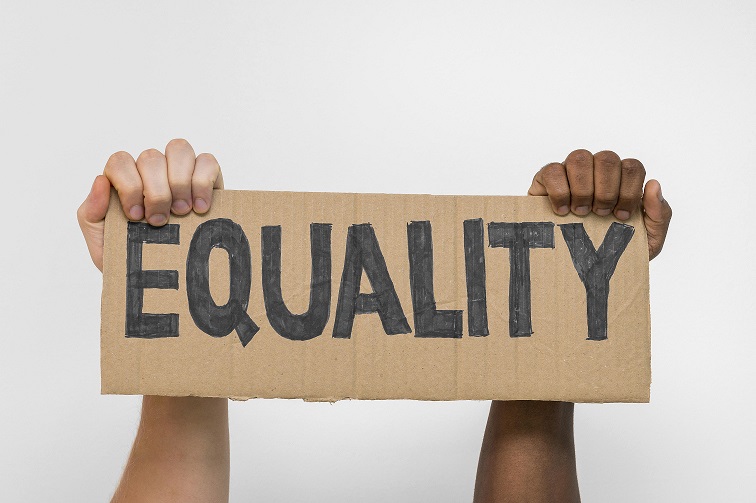WRES stories: the race for equality is on

Multiple perspectives from four dedicated Hertfordshire County Council colleagues, fully invested in the progress, aims and ambitions of the social care workplace race equality standard (SCWRES).

Multiple perspectives from four dedicated Hertfordshire County Council colleagues, fully invested in the progress, aims and ambitions of the social care workplace race equality standard (SCWRES).

The introduction of the Workforce Race Equality Standard (WRES) by the Department of Health and Social Care represents a pivotal moment for social care colleagues of all backgrounds and makes the pursuit of workplace equality official.

Racism and micro-aggression have no place in the workplace, yet many minority ethnic nurses and healthcare professionals report experiences of discrimination. Care colleague, Irene Ibanda, has made it her mission to promote diversity and inclusion across the field so that future generations can get on with the important job of caring, without fears about prejudice.

Posting a blog about the social care workplace race equality standard (WRES) during Black History Month gives this endeavour particular resonance. Four weeks of recognition, celebration and awareness raising of black culture helps us appreciate its incredible contribution to the cultural richness of our world. Our workplaces have benefited too, but not always at the …

The London Borough of Barking and Dagenham (LBBD) is among 18 local authorities (LA’s) signed up to the social care workplace race equality standard (WRES) initiative. The WRES has identified flawed and excluding systems where change is required. Read this personal view on what this endeavour could mean for respecting, celebrating and empowering our racially …

Kent County Council colleagues are really excited to be part of the workplace race equality standard (WRES). They believe it can lead to greater representation of people from different ethnic backgrounds in leadership positions, and, more broadly, enhance career development opportunities at all levels.

Bristol Council's Principal Social Workers are very pleased to be taking part in the Workforce Race and Equality Standard (WRES) national pilot for which there has been strong support from colleagues. They see this as an opportunity to share learning from their collective experiences and help drive organisational change.

Making sure the voices of staff from all ethnic backgrounds are heard are central to the objectives of the Workplace Race Equality Standard (WRES). In our first in a dedicated series of blogs, Brighton & Hove City Council’s Principal Social Workers Richard Cattell and Tom Stibbs reflect on challenges within their organisation, how the WRES …